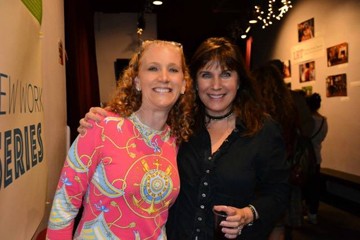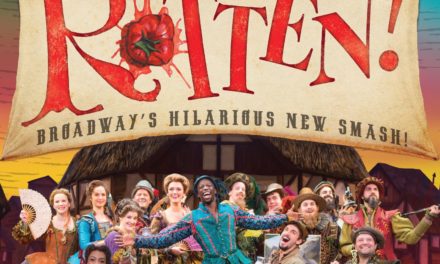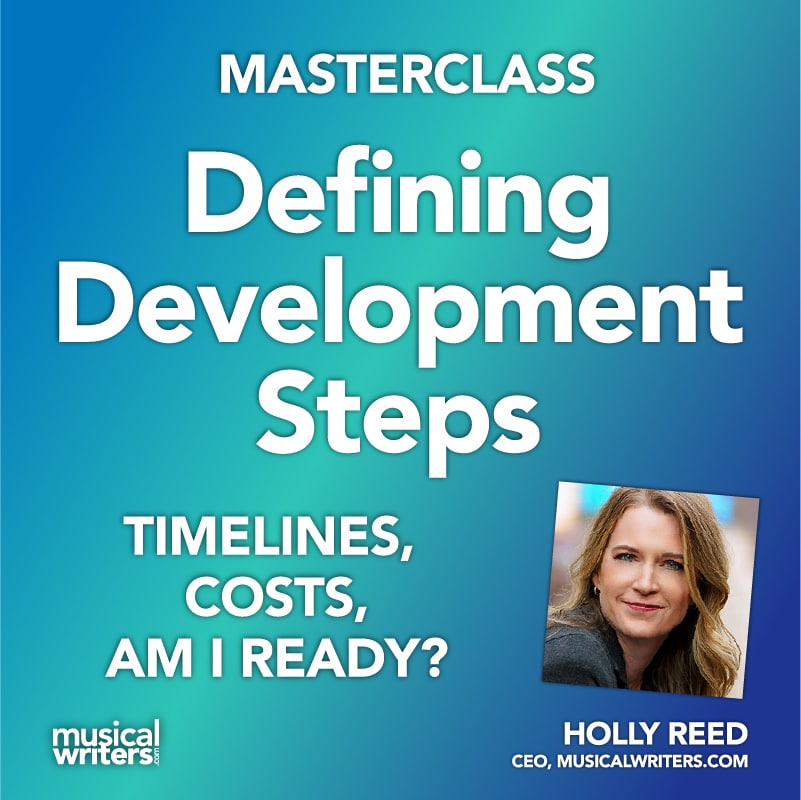Ever wonder why we mere mortals—those of us living without benefit of a photographic memory—upon seeing a musical only once, are usually unable to remember in any true detail more than a handful of scenes and production details?
The first time I see a show I’m usually able to recall the show’s tone, the brilliance of one or more of the performers, maybe several of the tunes, and perhaps one or more well-done indelible moments. But a single viewing is more often than not insufficient for me to remember many of the specifics. It is the rare, gifted individual who can recall a show verbatim having sat through it a single time. Yet just about every popular show offers enough “special moments” that many patrons will walk away with the perception that the entire work was both magical and memorable. So, what is that magic, and how can a writer achieve it?
The songs are the magic in making scenes memorable.
I think you’ll agree that the songs are often the most memorable parts of the majority of musicals. Music and lyrics, and sometimes dance, can definitely stamp a moment in the minds of the audience. Unlike concerts, musicals display intriguing characters in compelling stories. It is most often the placement of a wonderful song in the context of a visceral story that creates a memorable moment. “Somewhere” from West Side Story is an especially beautiful song on its own, but it has a far deeper resonance when sung by the lovers, Tony and Maria. “Popular” from Wicked has become, forgive the pun, popular on its own, but when sung by Glinda to Elphaba it rises to an even higher meaning. “Everything’s Coming Up Roses,” is a truly great song that becomes ever more powerful when sung by Rose at Gypsy‘s unforgettable first act close.
Song Placement
No question that vast numbers of songs work wonderfully well on their own—otherwise there would be no such thing as radio—but when a show tune is sung by well-drawn characters set against an engaging, conflict-filled story, the emotional depth of the song can be elevated to great effect, and therefore become memorable.
That means a book writer would be well-advised to craft magically memorable moments around or within which songs can be placed. Are there elements that a writer may consider using when developing such golden story opportunities? Yes.
Various people in the know will tell you that if the authors of a musical can devise a minimum of three to five memorable scenes in a show, then it is possible for the whole shebang to become “memorable.” Does this mean there is a recipe for creating memorable moments? No, of course not. If such were the case then there would be no failures on Broadway or anywhere else. You will always need ingredients such as: a fulfilling underlying story; the grace to know what to leave in and, just as importantly, what to leave out; fantastic dialogue; singable tunes, etc. But if you are diligent, have found yourself a grand idea and a moving way to tell it, then here are a few suggestions that may help to cement your show’s legacy in the pantheon of musical theater history.
Key Elements in Making Scenes Memorable
Here are a few structural elements that can make a big difference in making scenes memorable. Some of the following may sound obvious and simplistic, yet it is notable how often creators neglect to employ these elements in their work and then wonder why their magnum opus has tanked. Find ways to insert one or more of the following in any number of scenes and watch how the work becomes elevated (NOTE: any combination of these can be employed at the same time):
A BIG SURPRISE
As long as the surprise is logical and integrated into the whole story, surprises are always memorable – just like in real life. What could be more devastating than Sweeney Todd discovering that the newly dead Beggar Woman is actually his wife, Lucy, whom he thought had dies many years earlier?
A BIG DECEPTION
This must be supported by information readily available to the audience – even if not obvious at first blush. In other words, a good deception is set up well. Deceptions cannot come utterly out of the blue. You can deceive the audience, but you must not cheat them. No Deus ex Machinas allowed. In South Pacific the audience is deceived into believing Emile may be lost forever behind enemy lines on Marie Louise. After Nellie loves Ngana and Jerome, Emile appears, alive and well.
TRAP YOUR HERO
Make it so there is no obvious way out of a hero’s dilemma. Traps of all kinds are highly relatable, which is why they work so well to make a scene memorable. Audiences love to see characters work their way out of the impossible – a loveless marriage, a horrible job, prison, a sinking boat, a lousy school, insanity, being born green, etc. Traps can be found everywhere. How much more trapped can a man get than when Henry Jekyll is unable to reverse the effects of his own concoction that turns him into the murderous Edward Hyde?
A BIG LOSS
Have your protagonist endure losing someone or something so precious or dear that the pain becomes undeniably profound. We all know what it feels like to lose a friend, family member, pet, job, sports event, and so on. Loss is a universally understood emotion. As such, when a character’s loss is gut wrenching, the audience internalizes the hero’s pain and becomes drawn in deeply. In Chicago, Roxie Hart loses something seriously significant, her freedom.
AN INTENSE PURSUIT
Put your hero through the paces of a chase, whether or not he is the pursuer or the pursued—both ways work well. Going after some goal critical to the hero pulls the audience in making those moments hard to forget. Have your hero chase a dream, a true love, a big goal, or let them be chased by bad guys and trouble of every kind. The appearance of inescapability is all it takes. For how long does Javert hunt down Valjean? At the end of Phantom of the Opera, the Phantom is chased into his lair by a mob determined to catch him. Of course, not all great pursuits are of people being chased. In Avenue Q, Princeton goes in pursuit of his purpose.
WHO HAS THE POWER?
Determine who in a scene has the power. All great scenes in great shows are about power. Who has it? Who wants it? Who gets it? Who loses it? Take power away from whoever has it and see what happens. Or give power to whoever does not have it. What magic happens then? Gaining or losing power within a scene, or even over the course of a whole story, is, well, powerful – and highly memorable. In the climax of Hairspray, Velma von Tussle is the powerhouse in charge of the Miss Teenage Hairspray Contest. Who winds up prevailing in the ultimate shift of power? Tracy.
The reason why the above elements work so well in a dramatic story is that they are powerfully relatable on the most primitive human levels. Each element above draws upon universal emotions. Who hasn’t experienced surprise, deceit, being trapped, pursued, or the gain or loss of power? In short, because these emotions are so commonly experienced, most every audience member will relate to, and therefore empathize with, characters enduring such travails. When a viewer feels emotions down to the very core of his or her being, that feeling is likely to be remembered—and so will your show.
When you are working on scenes in your musical, ask yourself if adding one or more of the elements discussed above will make your whole show more memorable.
Best wishes in creating characters, scenes, and stories that come alive. I can’t wait to see the results of your work!
Steve


















